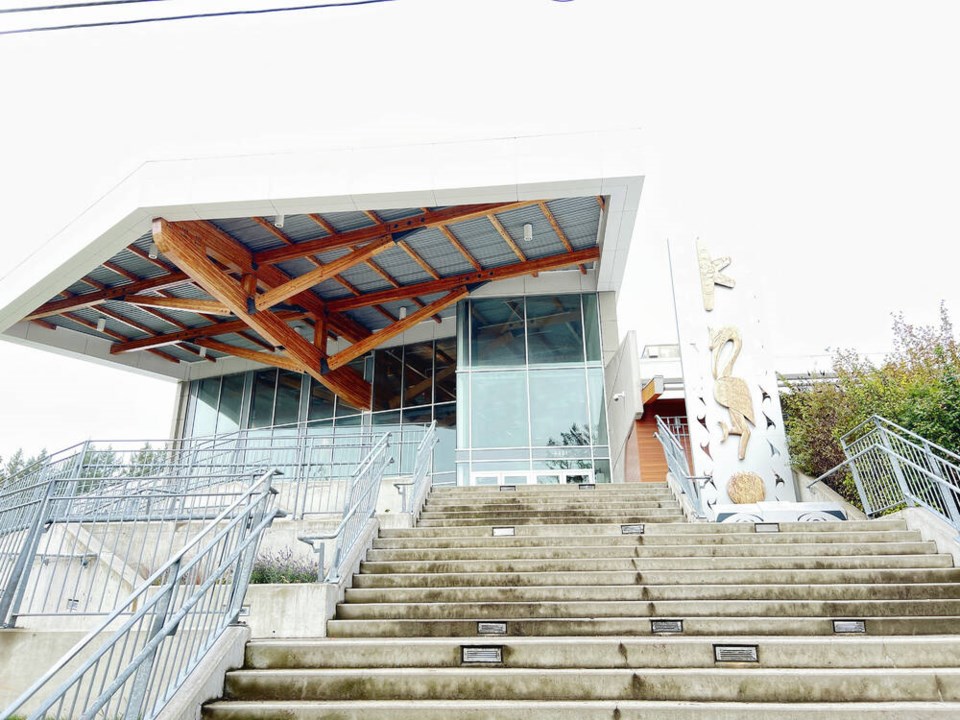A commentary by the director of Camosun Innovates at Camosun College’s Interurban Campus.
Geoff Johnson’s Feb. 18 column “Studying the humanities helps foster skills that are increasingly needed,” about the importance of the arts and humanities voices a valuable, persistent, and alas too often ignored argument for learning and teaching that embraces more than strictly utilitarian educational outcomes.
In my role as director of Camosun Innovates, the applied research and development centre for Camosun College, I see the importance of combining technical knowledge with essential, foundational, or soft skills.
Small- and medium-sized enterprises, not-for-profit organizations, and government agencies regularly come to us for help solving persistent problems, increasing efficiency and productivity, and moving ideas from inspiration to improvement and innovation.
To accomplish this, we bring to bear technical experience and expertise in concert with creativity and critical thinking, curiosity and common sense, practicality and the ability to learn from mistakes.
Our area of operation is advanced manufacturing, and we serve most of saąúĽĘ´«Ă˝’s economic sectors, including agriculture and aquaculture, clean and green tech, culture and heritage enterprises, digital and high-tech innovation, forestry and marine industries, as well as traditional manufacturing.
We support innovation in automation and mechatronics, composite manufacturing and materials integration, data gathering and analysis, digital realities and the internet of things, and the technological enhancement of human abilities.
To do this, we hire students, technologists and engineers who work at the boundaries of knowledge, build bridges between the human and the mechanical, imagine the possible of every problem.
Their abilities come not only from training in mechanical and electrical engineering or information and computer science, but from a broad educational and experiential range, including the fine and performing arts, musical performance and improvisation, creative writing and graphic design, crafts and gaming and history and sport.
It is this diversity of talent, and the viewpoint it provides, that fuels our centre’s support for innovation.
The future of learning and the future of work will increasingly require an emphasis on context and interpretation, perception and perspective, and what Maxine Greene calls “the ability to see the world as if it might be otherwise.”
Such capacities can be cultivated in any discipline, through a variety of techniques and technologies, but they are the core values of arts, humanities and liberal studies.
These are the ideas that bridge all others because they are at the heart of who we are as individuals, people with a conscience and a soul, and they are the skills most able to shepherd us through the coming challenges, with compassion, humanity and insight.
>>> To comment on this article, write a letter to the editor: [email protected]



